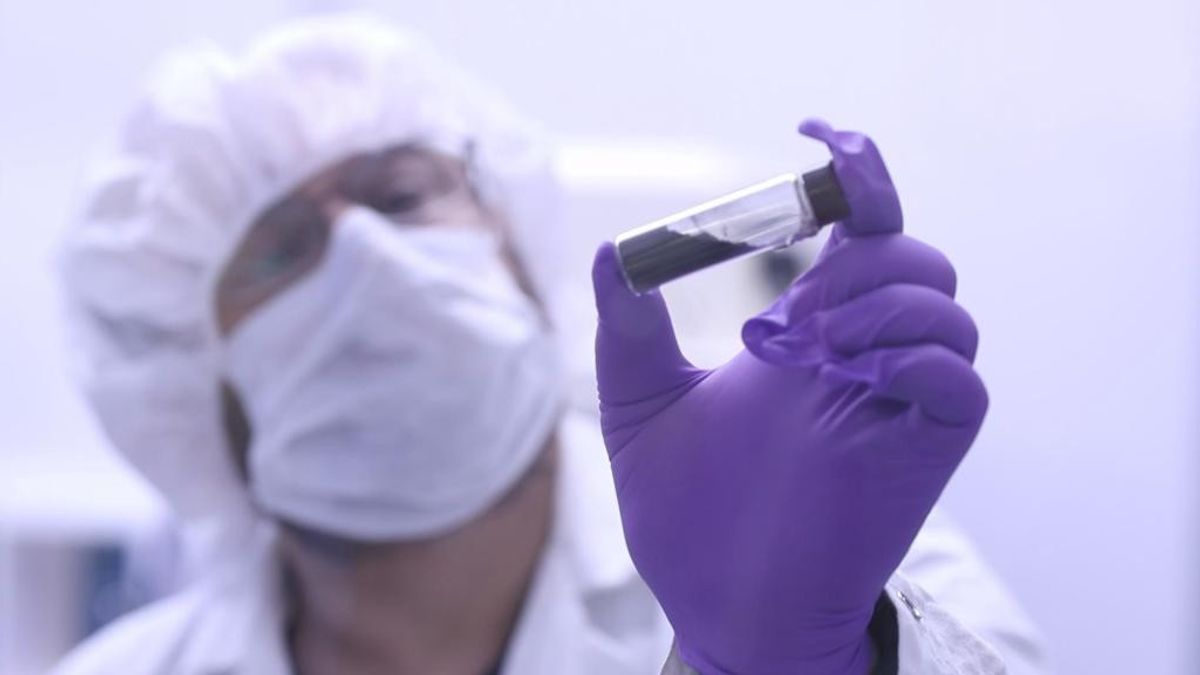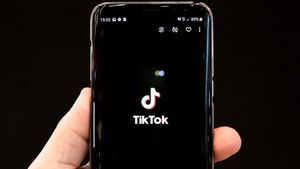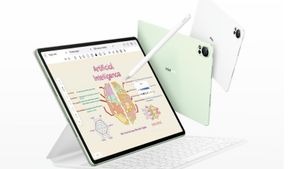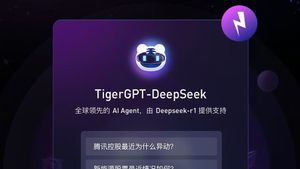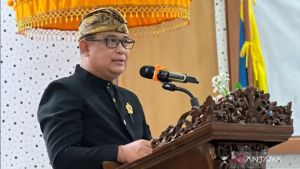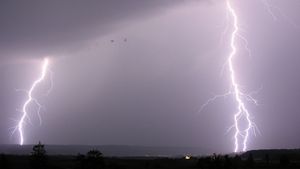JAKARTA NASA shared the results of the first in-depth analysis for the Bennu sample. The asteroid, which arrived on Earth in 2023, was revealed to have molecules that are believed to be the key to life.
A group of scientists, who have permission to research asteroid Bennu, from NASA and other institutions, shared the results of their research in the journal Nature and Nature Astronomy on Wednesday, January 29. In the paper, it is explained that Bennu contains amino acids.
Amino acid is a compound that supports life on Earth. This compound supports the preparation of proteins. In addition, there are also five nucleotide bases to store and transmit genetic instructions in complex terrestrial biomolecules such as DNA and RNA.
Scientists also found high ammonia levels. Amonia is a very important compound in biological science because it can react with formaldehyde. Amino acid can form a protein, then move almost every biological function.
Therefore, the discovery of this compound is quite important although scientists emphasize that life is not found in asteroid Bennu. However, this paper has succeeded in providing more knowledge regarding the asteroid NASA brought home.
SEE ALSO:
Danny Glavin, Principal Writer and NASA Scientist, explained that the study was carried out very carefully because the Bennu sample was easily destroyed. Scientists must also strictly maintain their samples in order to avoid contamination from the surrounding environment.
"The point we are looking for is very small and easily destroyed or changed due to exposure to the Earth's environment," Glavin said. "This new discovery will not be possible without a sample return mission, careful contamination control measures, and careful curation and storage."
Bennu is still being researched by scientists because they need to study mineral tracks on the asteroid. A few months after landing on Earth, NASA has spread Bennu samples to several regions for research. In the future, we may gain more knowledge from the space object.
The English, Chinese, Japanese, Arabic, and French versions are automatically generated by the AI. So there may still be inaccuracies in translating, please always see Indonesian as our main language. (system supported by DigitalSiber.id)
